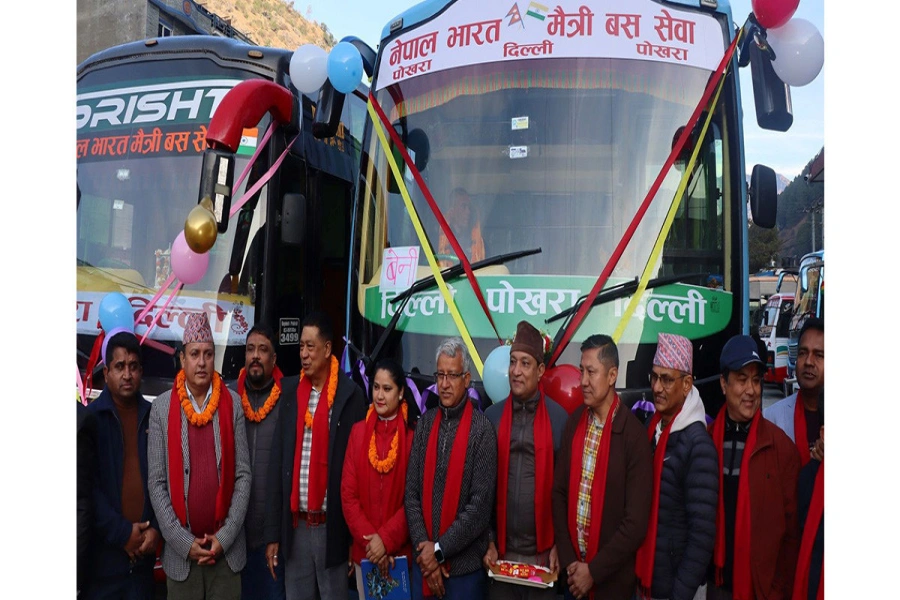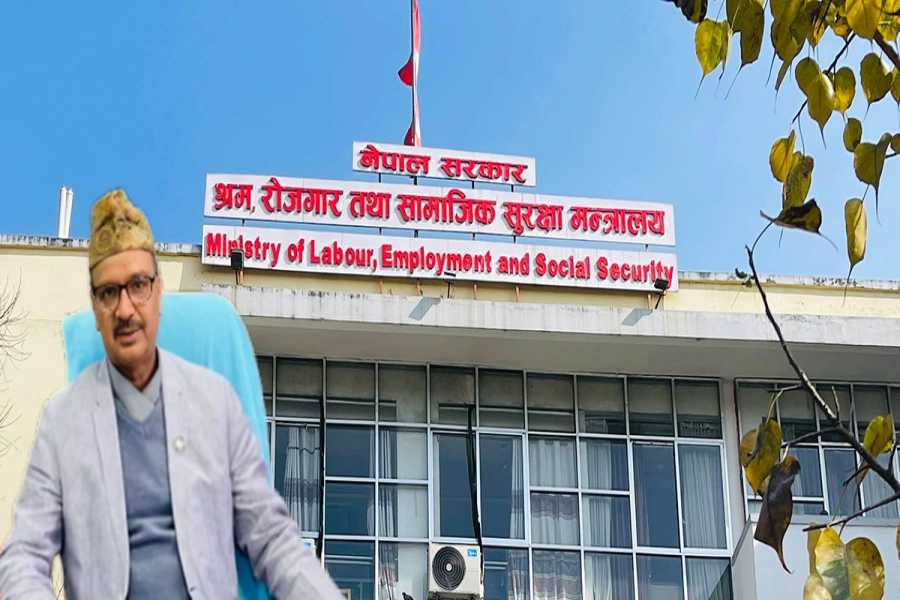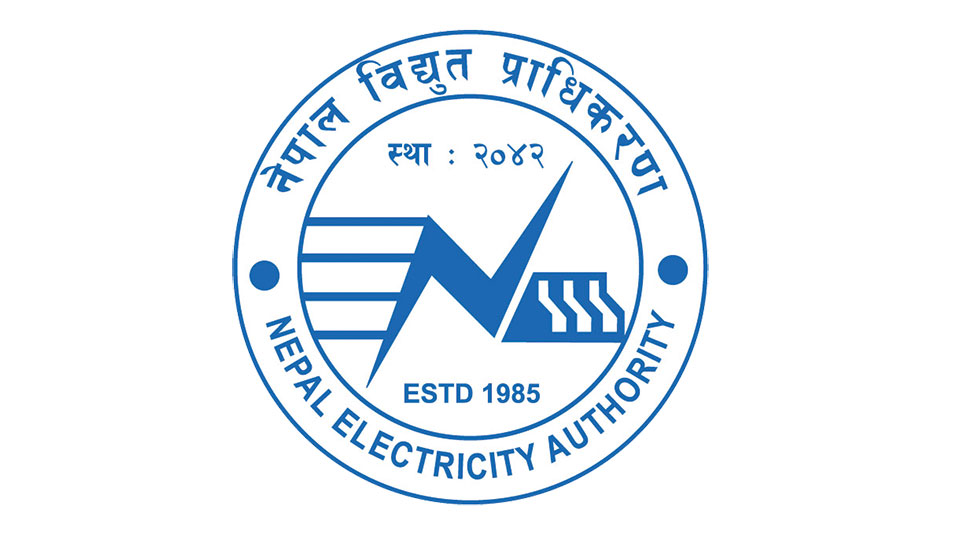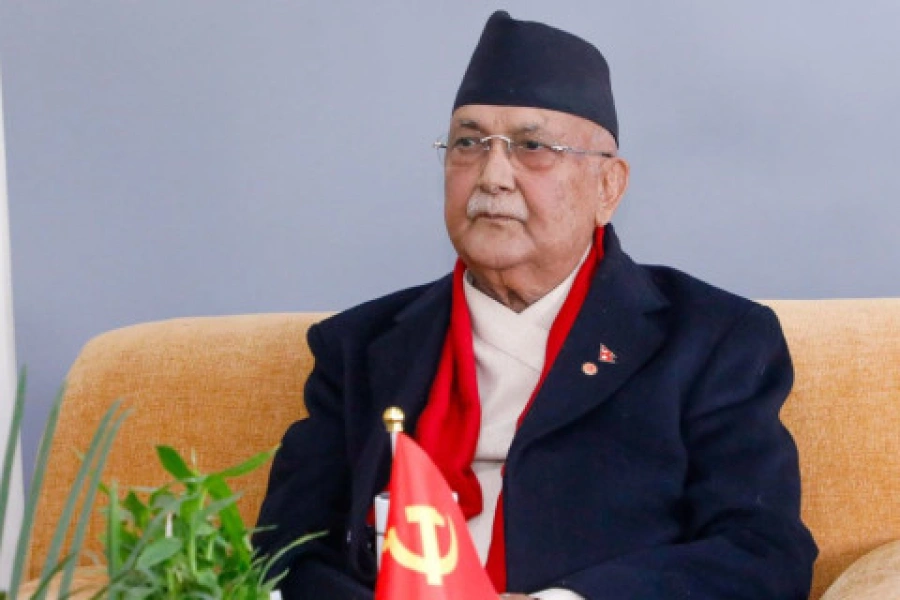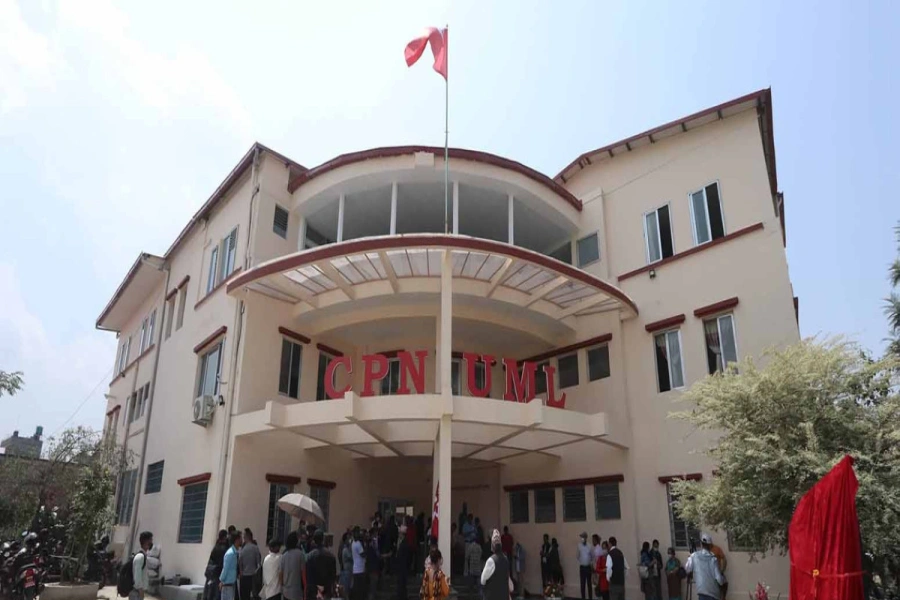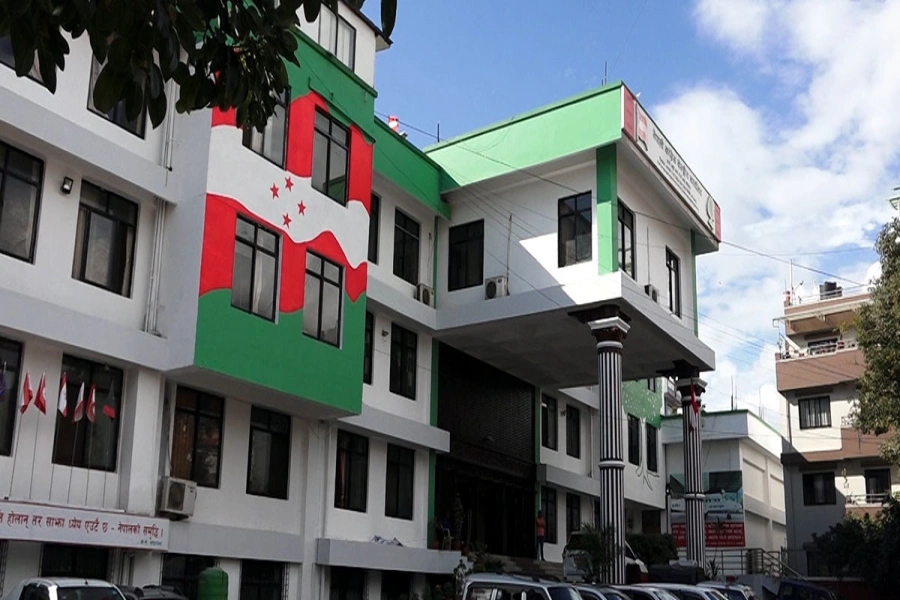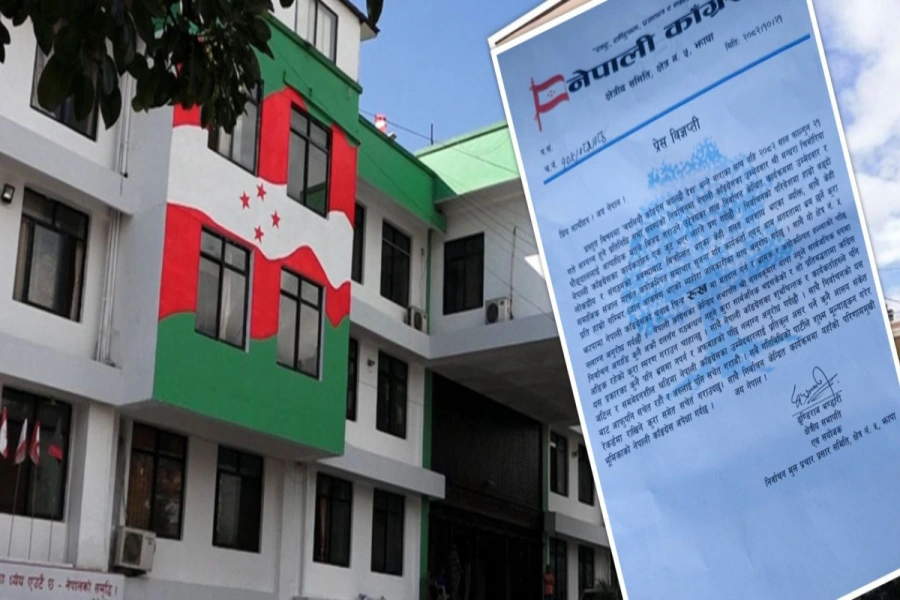“We must activate export refinance window and pledge soft loans to key industries to promoted production and exports,” said Dr Yuba Raj Khatiwada, vice chairman of the National Planning Commission (NPC), who is also the coordinator of the committee.[break]
Speaking at an interaction here on Thursday, he also laid emphasis on controlling automobiles consumption by raising duty for vehicles of higher cylinder. “This will discourage control of automobiles import and also check rise in consumption of fossil fuel,” he said.
As for the long-running liquidity crunch, the committee has asserted that pumping out of capital in the market by the central bank will work only for immediate-term. For the sustainable way out, Khatiwada urged the banks to increase deposits by offering sound interest returns.
“Aiming to avoid rise in cost of fund, banks and financial institutions did not offer sound returns to depositors for long. They must change this attitude,” he said. Dr Khatiwada said the upcoming new plan will aim at creating employment.
To achieve it, the NPC has mooted a new strategy of employment-centered resource allocation. It has also pushed for different models and programs of economic development to attain balanced and inclusive growth.
“Our decades-long practices have shown that single model approach is not appropriate to address developmental needs of different regions. We will need to launch special programs for districts and regions that lag behind in terms of development,” said Dr Khatiwada.
In the concept paper for the new plan, which NPC is aiming to finalize by mid-March, it has also stressed for decentralization of monitoring authority so that development programs could be effectively monitored.
As for the ongoing three-year interim plan, Dr Khatiwada said the government largely failed to step of post-conflict reconstruction to the extent it had planned. The plan has lagged behind in attaining socio-economic inclusion of excluded groups and communities.
High-inflation rate, drop in capital spending, agricultural growth and exports and absence of political consensus on larger development and economic issues too featured during the period, which were contrary to the targets set in the plan.
“The political instability in the center and also growing bureaucratic instability at the local level affected effective and efficient use of resources,” he said. He also laid emphasis on the need to do away with the latest tendency of delaying decision making to perform better on the developmental front.
Easy exit, differential tariff features in new Industrial Polic...




